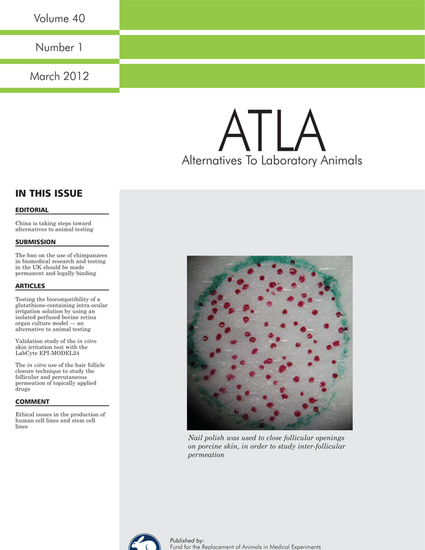
The Coalition Government is currently considering how to transpose Directive 2010/63/EU on animal experimentation into UK law. The Directive bans the use of Great Apes in laboratories, but EU Member States can seek (now or, more likely, at some time in the future) a derogation from the Commission to permit such use, where this is considered essential for the preservation of the species in question or in relation to an unexpected outbreak of a life-threatening or debilitating clinical condition in human beings. Currently, the policy of the Government is not to approve any experiments on Great Apes, but it is possible that, at some time in the future, researchers might ask the then Government to seek permission via the derogation clause.
The BUAV and FRAME jointly urge the Government to put this issue beyond doubt, by making the ban on experiments on Great Apes permanent and legally binding, as would be permitted by Article 2.1 of the Directive. This would be entirely justifiable on ethical, scientific, logistic and economic grounds, as outlined in the supporting information below. Eliminating the possibility of Great Ape experiments would be accepted, indeed welcomed, by both the scientific and the animal welfare communities.

A joint submission to the Coalition Government by the BUAV and FRAME